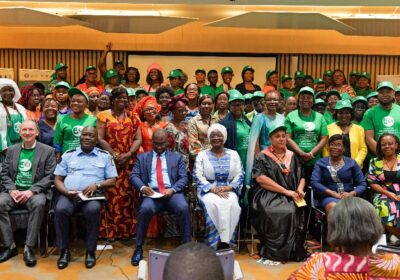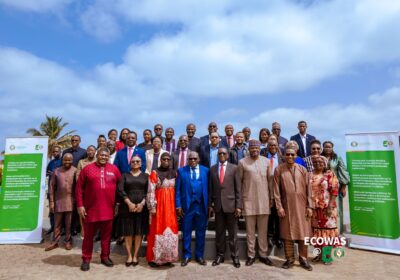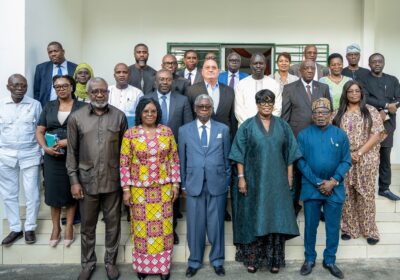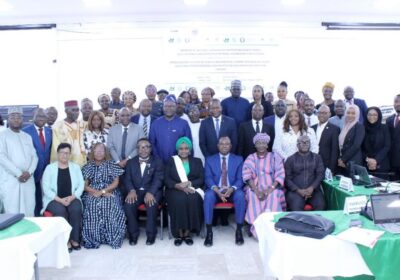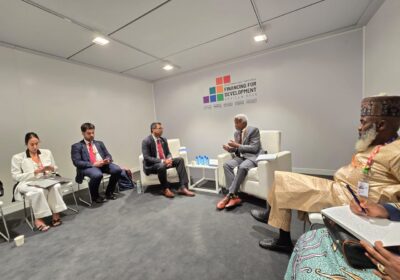FENRAD Urges Aba Power to End Estimated Billing and Improve Energy Supply for Residents
By Raymond Enoch
The Foundation for Environmental Rights Advocacy and Development (FENRAD), a prominent civil society group in Abia State, is calling on Aba Power Limited Electric (APLE) to accelerate its metering program and end the controversial practice of “average vending,” which it claims is financially burdensome for the residents of the Aba Ring-Fenced Area.
Since the privatization of electricity distribution in Aba in 2022, hopes were high for improved service following the handover of power operations to Aba Power Limited Electric (APLE), a subsidiary of Geometric Power Limited. However, FENRAD has expressed deep concerns over several unresolved issues that continue to plague consumers.
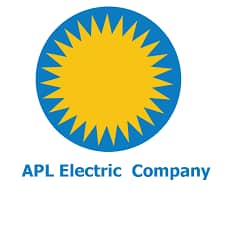
The key issue highlighted by FENRAD is the widespread use of estimated or “average vending” billing for unmetered consumers, which, according to the organization, contravenes the provisions of the Power Sector Reform Act. APLE reportedly calculates bills based on average energy consumption data for entire feeders, rather than using accurate meters. FENRAD argues that this method unfairly burdens low-income households that use fewer electrical appliances but are still charged exorbitantly.
“Unmetered consumers, especially in low-income areas, are being charged as though they are consuming more power than they actually use, causing financial strain,” said Nelson Nnanna Nwafor, Executive Director of FENRAD. “This is a clear breach of consumer rights and regulatory laws.”
FENRAD’s said that it has found out that the current electricity tariffs in Aba do not reflect the economic realities of residents. In some areas, consumers pay up to ₦50,000 a month for electricity, a sum that often exceeds the cost of renting a two- or three-room apartment in the area. With the minimum wage in Nigeria set at ₦70,000, this leaves many residents struggling to meet basic needs such as food and shelter.
“People in Aba are paying more for electricity than for their rent, and this is unsustainable,” Nwafor added. “The high tariffs, combined with irregular power supply, are pushing small businesses and industries to the brink of collapse.”
The supply of electricity itself is another major issue, with FENRAD citing inconsistent service hours that fall far short of what is promised in the tariffs, leaving consumers in the dark for extended periods. Despite a court ruling mandating that APLE cease disconnecting power supply, FENRAD claims that disconnections continue unabated, with APLE arguing that they have not been served the court’s injunction.
Moreover, FENRAD has raised concerns about the company’s continued reliance on outdated infrastructure. Although APLE initially touted its plans for an independent power plant, it remains dependent on the national grid and continues to use aging equipment that fails to meet the needs of Aba’s growing population.
“The situation is dire,” Nwafor stated. “Aba Power needs to do more than just make promises. They must engage with consumers, comply with court orders, and improve their service delivery. The people of Aba deserve better.”
FENRAD called on APLE to expedite its Meter Asset Provider (MAP) program to ensure that all consumers are metered. This, the organization believes, would eliminate the practice of estimated billing and ensure a more transparent and fair tariff system. Additionally, they recommend that APLE open a broader dialogue with the residents of Aba to address their concerns and ensure the implementation of a tariff system that is both reasonable and reflective of local income levels.
“Dialogue with consumers, not just media campaigns, will pave the way for a lasting solution to these issues,” Nwafor concluded.
As the controversy continues to unfold, the residents of Aba and surrounding areas remain hopeful that meaningful change will come soon to improve their electricity services and ease the financial burden caused by the current system.





